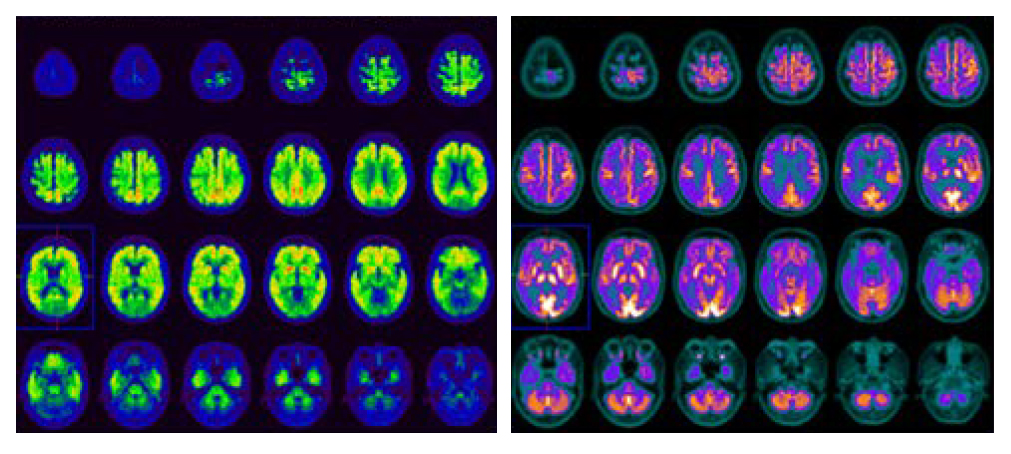Two Main Focuses of Brain Health
Screening in Recent Research
Stroke Risks
Scientific evidence shows up to 80% of strokes are
preventable. Screening of brain health is recommended
in people who are conscious of their cerebrovascular
health and have risk factors of stroke such as
hypertension, diabetes, dyslipidaemia, obesity, smoking
and a family history of stroke.
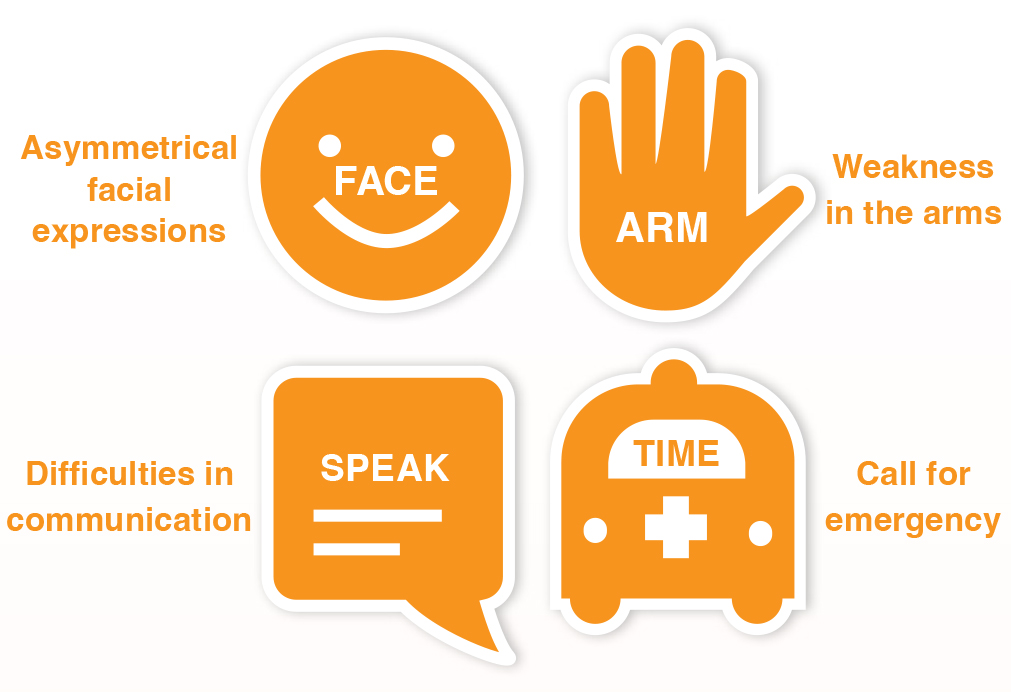 Cognitive Impairment Risks
Cognitive Impairment Risks
Risk factors for cognitive impairment include old age,
cardiovascular diseases and metabolic disorders (such
as diabetes, high blood pressure, high cholesterol, and
obesity), certain genetic mutations (including those
linked with Alzheimer’s disease), depression, etc.
With mild cognitive impairment, changes often go
unnoticed by patients or their loved ones. Screening
for cognitive impairment allows early recognition, timely
lifestyle modification and interventions.
 Brain Health Assessment Programme Package Price
Brain Health Assessment Programme Package Price
Brain Health Assessment Programme is designed
based on the American Heart Association Guideline on
Primary Stroke Prevention1 and Journal of the American
Medical Association advice on screening for stroke and
cognitive impairment risks in older adults2.
Cardiac Screening of
Ischaemic Stroke
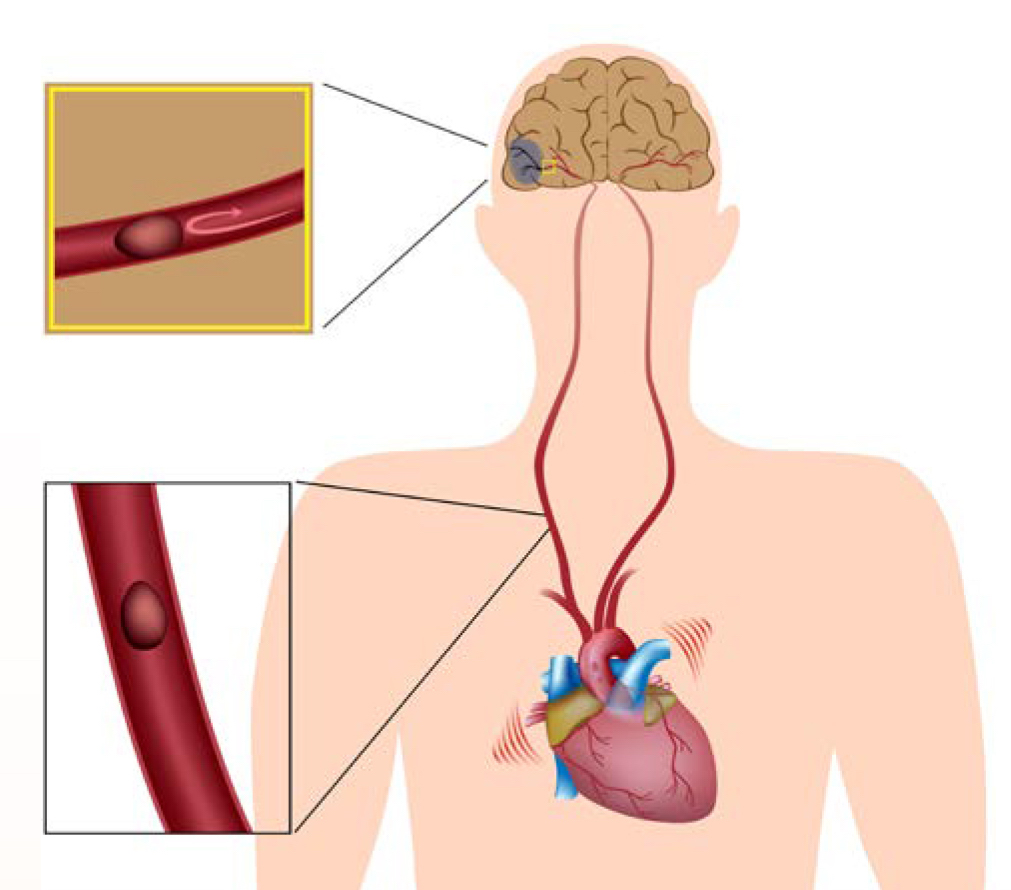
Up to 15-30% of ischaemic strokes are caused by atrial
fibrillation and cardiac embolism, and are generally
associated with higher chance of recurrence, morbidity
and mortality than other causes of stroke.
Early identification of specific cause is crucial to choose
the most optimal strategy of primary prevention for the
different subtypes of cardiogenic ischaemic stroke.
Workup of cardiogenic ischaemic stroke risks may include:
• Electrocardiography
• Holter monitoring
• Echocardiography (TTE / TEE)
Dementia and Detection of Brain Volume Loss
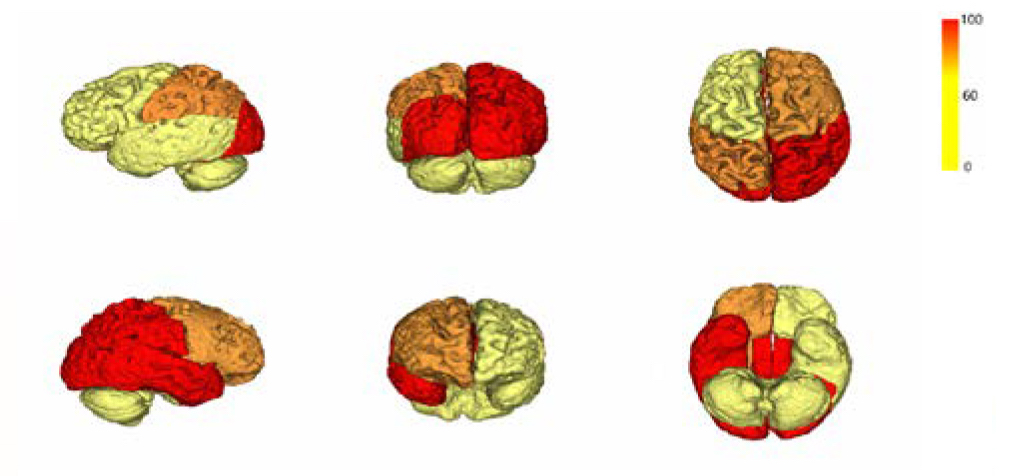
Cerebral atrophy is a long-term effect of
neurodegeneration. Alzheimer’s disease and other
dementias exhibit different degree and patterns of brain
volume loss. Detectable changes can be identified
in early pre-symptomatic disease stage for risk
assessment of cerebral atrophy.
AccuBrain® is a fully automatic neuroimaging
analysis system based on the latest image computing
technology. The AI imaging analysis system assists
neurologists to precisely and accurately analyse the
characteristic measurements and patterns of regional
brain volume loss. The system can also compare
patient’s MRI sequenced images with extensive data of
healthy and patient control groups, including reference
of local population, Alzheimer's disease control groups
and other dementias control groups, for a better
understanding of the patient's conditions.
PET/CT and Alzheimer’s Disease
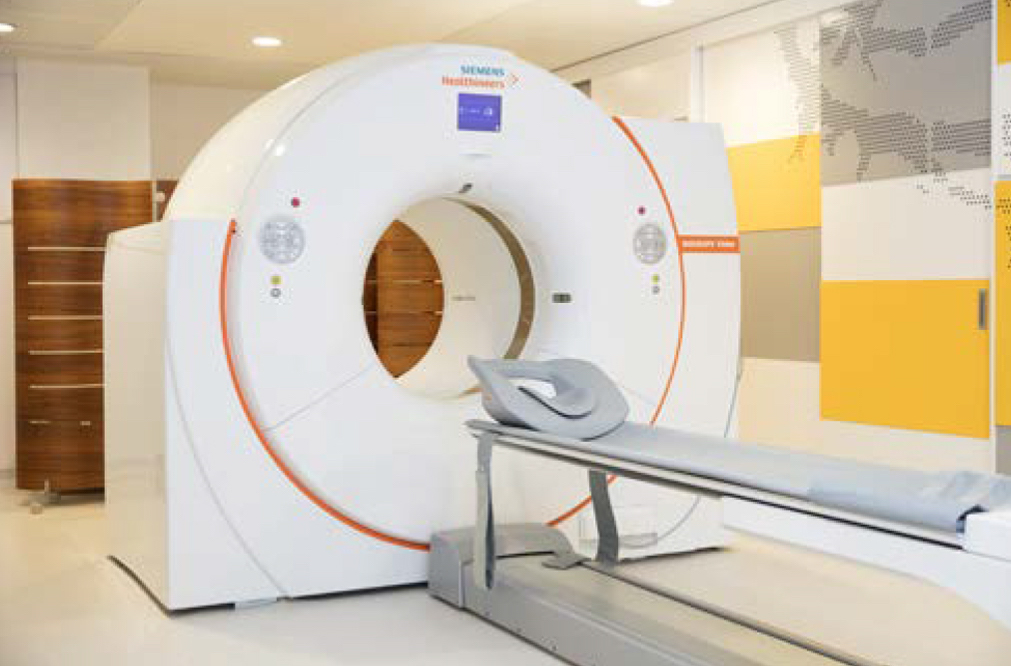
Positron Emission Tomography (PET) scan is valuable to show and quantify the cellular activities and the
distribution of functional molecules in the brain. PET/CT
imaging examinations available in HKSH utilise multiple
tracers to aid the diagnosis of Alzheimer's disease and
the other causes of dementia:
• 11C-Amyloid and 18F-Tau PET/CT scans measure
abnormal accumulation of amyloid and tau proteins
in the brain serve as diagnostic indicators for
Alzheimer’s disease
• 18F-FDG PET/CT scan measures glucose metabolism
in the brain which is useful for differentiating
Alzheimer’s disease from other causes of dementia
Early Alzheimer's disease can be detected by PET/CT
scan before onset of signs and symptoms. Neurologists
can guide patients on measures to reduce the impact of
future cognitive decline.
